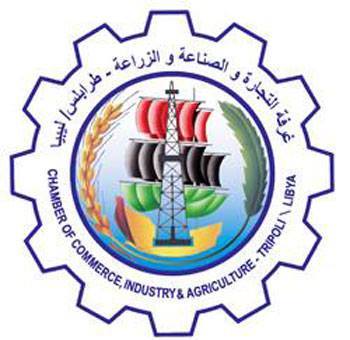By Libya Herald reporter.

Malta, 22 September 2015:
Libyan state-owned oil company, Arabian Gulf Oil Company (AGOCO), has warned that it be forced to cut . . .[restrict]salaries for the rest of 2015 due to huge cuts in its budget.
In a statement released by its Media Department on the company’s Facebook page, Khalid Baio, Acting Financial Affairs Manager, was quoted as saying that the salaries section of their budget was cut by 43 percent. Baio said that this central government budget cut would entail a cut in salary payments.
Section two of the working budget which includes production, administration, refinery, ports and insurance spending was also cut by 76 percent, Baio added.
In combination, Baio said that this meant that spending had passed the approved budget by LD 72.7 million up to August 2015 which would be an overspend of 158 percent.
This means that AGOCO will not be able to meet its commitments for the coming months. This could force it to postpone all its purchase orders, including spare parts, which would in turn reflect negatively on its production capability.
The cuts are also expected to affect AGOCO’s ability to pay its suppliers which Baio warned may affect supplies and services such as catering and transport.
Baio added that AGOCO is currently in constant contact with the relevant authorities in an attempt to secure adequate finances for the coming months.
It will be recalled that despite the current wide political split in Libya, the conflicting parties have gone to great lengths to avoid delaying or cutting politically sensitive state-sector salaries. There are about one million Libyans receiving a state-sector salary.
Delayed and non-payment of salaries are associated with the outgoing Qaddafi regime and despite the huge economic and financial crises that Libya is going through, both political camps have, despite some delays, continued to pay state-sector salaries.
If AGOCO does indeed cut salaries, it could be set a precedent for other state sectors to follow suit.
This political determination to continue paying salaries, however, has come at the expense of exhausting Libya’s foreign currency reserves estimated to have come down from around US$ 120 bn in 2011 to US$ 65 bn in mid 2015.
It will be recalled that the Libyan authorities are attempting to introduce a series of measures to reduce foreign currency depletion including restrictions on imports, the opening of Letters of Credit as well as some anti-corruption measures in an effort to make up the shortfall left in the state budget due to oil production and international crude oil price reductions.
In its mid-year roundup on the Libyan economy, the Central Bank of Libya (CBL) reported in August that Libya’s oil production was down to 21 percent of its capacity. It also reported that Libyan oil exports were down to 15 percent of normal average capacity.
Furthermore, the CBL had warned that foreign currency reserves will be depleted and the value of the Libyan dinar would come under pressure if oil production and exports were not increased to normal capacity.
It is ironic that AGOCO may be forced to cut production as a result of budgetary cuts as in May it had reported to the Libya Herald that its exports of crude oil were set to rise by 20 percent to over seven million barrels, compared to 5.6 million barrels in April. [/restrict]







